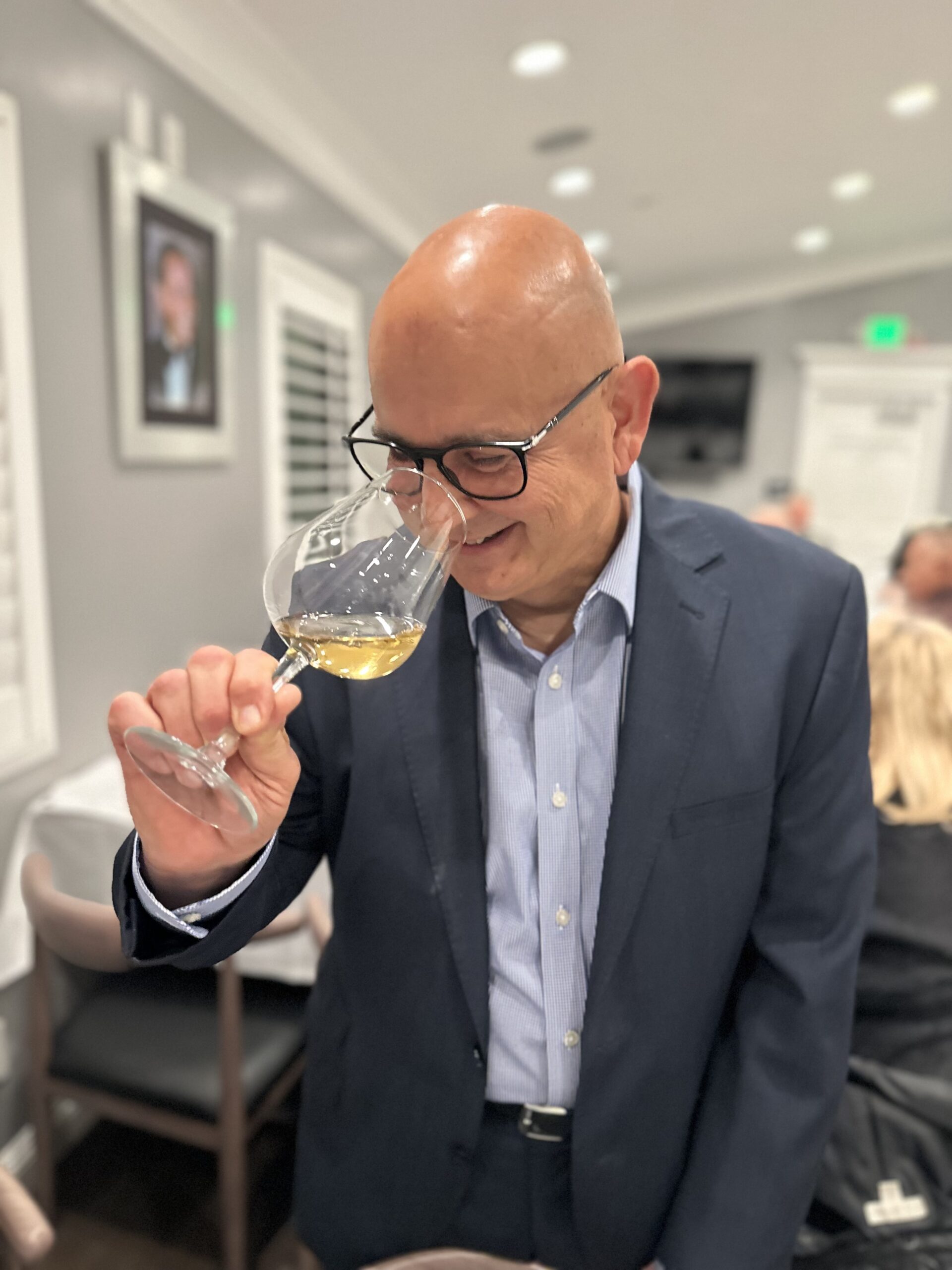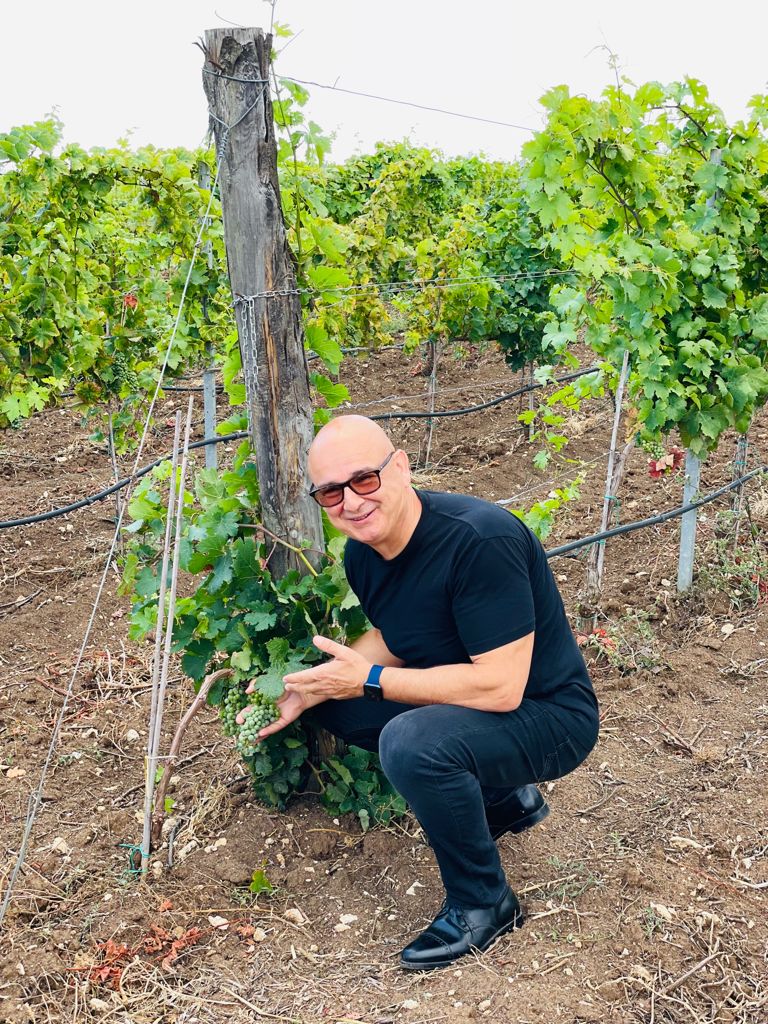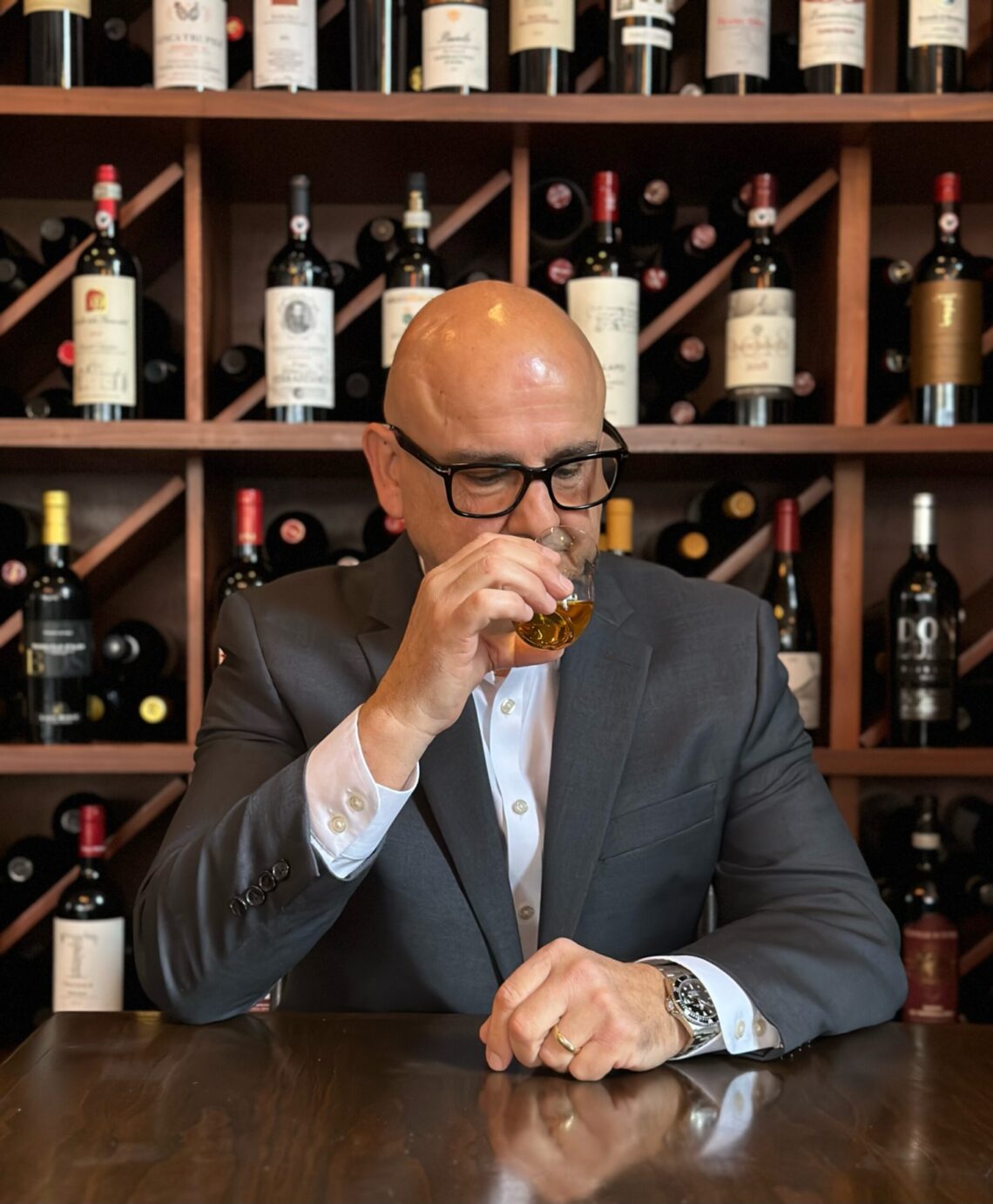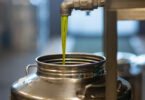Temporary trend or an alternative that recalls alcohol-free beer or decaffeinated? Only time will tell. What is certain is that after the regulation started in 2021 by the European Union, from 2025 it will also be possible to produce dealcoholized wines in Italy.
The international market is opening up to new paths and, once again, the consumer will make the difference.
We ask Nicola Angiuli, an expert importer with over thirty years of experience in the sector, his opinion on the topic.

Nicola Angiuli
With the new regulation, it is also possible to produce dealcoholized wines in Italy. Considering the history of Italian wine and the power that an importer of Italian wines has on the international market, what are your thoughts on the subject, first as a wine consumer and then as a professional?
This is an excellent question, as dealcoholized wine is a category in Italian wine production that has not been widely explored. For those unfamiliar with the term, dealcoholized wine refers to wines that have had some or all of their alcohol content removed after the fermentation process. The following are the three primary methods wineries can use to achieve this.
- Vacuum Distillation: This method heats the wine under reduced pressure to remove the alcohol effectively.
- Reverse Osmosis: This process utilizes very high pressure to separate alcohol from other substances.
- Spinning Cone Technology: This process utilizes steam and vacuum conditions to extract alcohol.

© Nicola Angiuli- FRANCOLI USA
I have a positive outlook on dealcoholized wines for several reasons, and I will focus on the first three that come to mind. First, it is expected that over 60 million tourists will visit Italy in the coming years. Second, this category of wine is likely to compete with soft drinks, which may gradually reduce soda sales and increase wine sales. Lastly, consumers will now have the opportunity to purchase these wines in locations where they were previously unavailable.

Are there any wineries among your customers that produce dealcoholized wines or that intend to produce them? If so, would you be interested in promoting them in the USA?
We currently do not import dealcoholized wines, but we are interested in introducing them to the US market, as none of our current producers offer this product. I can definitely see social media influencers promoting these wines, targeting Generation Z, Generation Alpha, and Baby Boomers.

In your experience, what margins of interest are and will there be for dealcoholized wines on the US market?
There will be a significant interest margin, but it will apply only to specific groups. Let’s take a look at some statistics: Generation Z consumes less wine than Millennials, while both generations tend to drink more hard seltzer. We can anticipate that Generation Z will appreciate and be good consumers of dealcoholized wine. Additionally, doctors often advise Baby Boomers to limit their alcohol consumption, suggesting that dealcoholized wine could have a positive impact on this demographic.

© Nicola Angiuli- FRANCOLI USA
We are also currently witnessing a trend in wine towards lower sulfites, reduced pesticides, and sustainable organic practices, indicating that consumers are more open to trying innovative wine options. Dealcoholized wines will likely benefit from this emerging trend.

Nicola Angiuli
Do you think that dealcoholized wines made in Italy start with an advantage precisely because they come from a historic wine producing country?
Grape wine was produced 8,000 years ago in Georgia. However, history indicates that the Romans perfected winemaking and were often associated with this craft. Additionally, we know that in Italy, wine is closely tied to food; for Italians, it is regarded more as a part of the meal than simply a beverage. Moreover, with over 60 million people expected to visit Italy, we can all agree that dealcoholized wines produced in Italy will have a significant advantage.

© Nicola Angiuli
What advice do you give to a producer who decides to produce dealcoholized wines with the intention of exporting them?
First, let’s state that consumers will always enjoy wine with alcohol; most prefer wines that please the palate. Second, dealcoholized wines are not for everyone, so start with a marketing strategy that targets specific age groups. Third, concentrate on a few markets to gauge consumer reactions to dealcoholized wines, as we know the flavor profile will be different, and it is best to collect a database. My last recommendation is personal, and I do not endorse Vacuum Distillation, as I believe there are better alternative techniques.








